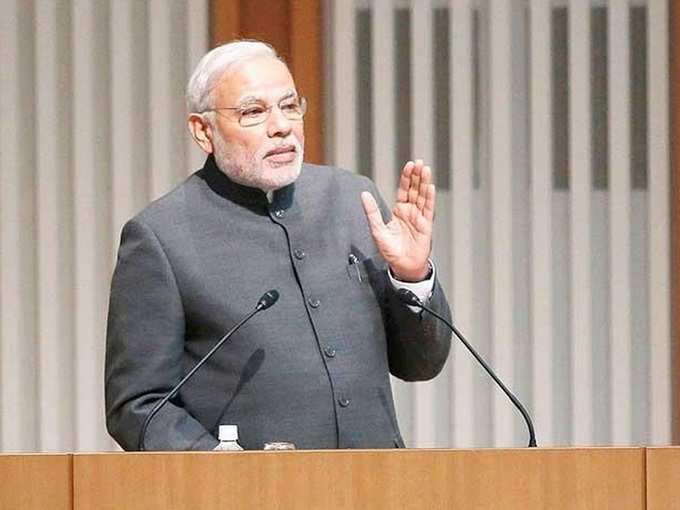
Within a year of coming into power, the
Narendra Modi government made a number of noteworthy choices that reflect the clearer vision and much more planned strategy than the prior regime. Not just imparting power to the ministries, the NDA has also changed the government's allocation and transaction of business rules almost 13 times after gaining power.
Amongst the changes done by the Centre, which caught attention of a majority of people, include: scrapping of four cabinet committees — on WTO, prices,
UIDAI and management of natural calamities and
Home Minister Rajnath Singh was given the charge of the accommodation and Parliamentary Affairs Committees.
Few may be aware that Modi imposed a new rule for all government housing decisions taken by the
Cabinet Committee on accommodation chaired by Singh.
By contrast, Modi's predecessor
Manmohan Singh had allowed his
defence minister AK Antony to call shots on allotment of official bungalows and quarters, as he was the head of his cabinet's accommodation panel.
The changes aren’t limited to this. Currently, the
Ministry of Civil Aviation does not regulates production of aircrafts; the
Border Roads Organisation no longer comes under the Ministry of Road Transport and Highways as it is now a part of the
Ministry of Defence that has been allowed to purchase land up to Rs 250 crore for its projects.
What endowed the ministries with more power and authority is the decision that these government organizations need not approach the Cabinet for expenditure below Rs 1,000 crore and can take the call themselves.
Terming the alterations a mark of faster growth, ex-cabinet secretary KM Chandrasekhar said, "Coming from a chief minister's office where he was in complete control for 15 years to adjust to the
Government of India environment takes time. These changes in business rules represent Modi's learning curve and reflect that he now realises he has to give more authority to ministers as only then, New Delhi will start moving.”
(Image: The Economic Times)
 Within a year of coming into power, the
Within a year of coming into power, the